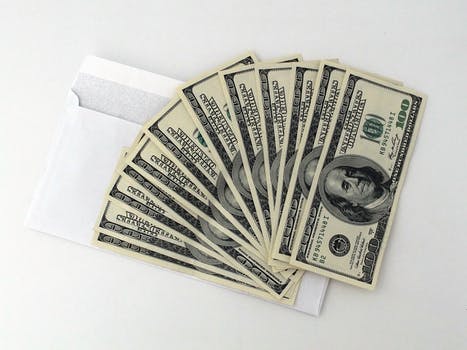
This was one of those weeks where coming up with a topic to write about was a chore, and writing about said topic was tedious at best. For the better part of an hour and a half, I fought my way through writing about something my heart wasn’t really into, and trying to make it sound entertaining and relevant. When I was done, I had my typically shitty first draft completed, and was poised to make it look pretty and shiny today.
Then the obvious hit me like a bolt of lightning.
As you know, most of my recent posts told the story of my decision to dip my toe into the medical marijuana world, and what the experience was like. A lot of readers were enthused about the journey I described and asked for updates. My plan was to go back to that subject in a month or two, but after I had closed the file on the draft I was going to polish today, I had an epiphany about something that happened within the last week.
I am walking better. Better than I have in years.
When I had my last flare, the symptoms moved from just below my knee to my lower thigh above the knee. This was a game changer because I no longer had a firm foundation below me. My leg felt like a broken kickstand, one that could easily wrench violently to one side, tearing ligaments in the process. My limp became more pronounced, my balance became infinitely worse, and the leg felt like it didn’t belong to me. Performing any physical task became more difficult and potentially dangerous, as my tales of woe about snow removal this past winter described.
But as I rose from my recliner to grab a can of seltzer from the fridge last Saturday evening, it occurred to me that I was actually bending my knee as I walked, and moving the leg in more of a normal walking motion rather than having the knee locked, and swinging the leg forward by the hip. The knee felt strong and stable, which meant the entire leg felt more controllable, and I felt steadier on my feet.
Keep in mind I was a little buzzed at the time, compliments of my PM dose of CBD oil, so I asked an impartial observer, Kim, if it was my imagination or if I was actually walking better. After watching me move around the living room and head back to the recliner, she agreed it appeared that way.
Talk about a holy shit moment!
I wasn’t going to take this as gospel though, because part of me was wondering if I was over dramatizing something because I wanted to justify taking the new med. It just so happened that I had my quarterly neurologist visit two days later, and I told Dr. G. on Monday that it felt like the leg had improved, that I had reclaimed some strength and control in the knee, and was walking a little better as a result.
He put me through the paces, and lo and behold, it wasn’t my imagination. I’m not going to bore you with the details of what the “paces” are, but he confirmed what I suspected. There was measurable improvement.
That assessment was reconfirmed yesterday, two days after I saw the neurologist, during my annual physical. My PCP put me through similar paces and drew the same conclusion. There is therefore no doubt I’ve regained some territory from my MS foe, and the functionality within my leg has improved to where it was before the last flare.
Great news, yes, but let’s not get carried away. What I’ve described represents a subtle, incremental, improvement. If I were to place a percentage on how much better I think I am, it would not exceed ten percent. I still need my cane, my balance still sucks, and I still can’t run, jump, or even consider going on a dance floor. I remain disabled.
However, walking with the cane doesn’t take as much effort, and I can actually walk faster and in a straight line with the cane instead of meandering from side to side. I can also lift the leg a little where before I had to grab it around the thigh or calf to lift it, particularly when getting into and out of my vehicle.
Most importantly, I have increased confidence in my ability to do stuff, where before I shied away from tasks for fear of falling or hurting myself. I’m actually looking forward to resuming my exercise routine, and am curious about how the leg will feel when I push myself.
After years and years of things slowly getting worse, this is the first time something sustainable seems possible. So what caused these changes?
I started taking Super Biotin about seven weeks ago, and the CBD Oil began a little less than three weeks ago. These are the only new items that have been introduced into my routine. I’m sure the CBD oil is at work here, because I was on Super Biotin once before for a longer period than the current six or seven weeks, and nothing changed at all. I don’t think it is any coincidence what I have experienced occurred shortly after I began taking CBD every day.
Is the improvement here to stay? Logic says no. In the past, I experienced improvements when new treatments or a new medication was introduced, but they were short term in nature, and faded as my body got acclimated to them. I’m therefore trying not to get too giddy about this recent development. While I would be sad, it would not shock me to see these changes regress over time, and have the weakness climb back above the knee.
Hopefully I am wrong, but I’m not dwelling on this possibility. Instead, I’m cautiously optimistic for the first time in a long time that maybe, just maybe, I’ve found something will actually help control my symptoms, and am enjoying every minute of this new feeling. I am a true believer in the benefits of medicinal MJ for MS.
As a matter of fact, I’m going back to the dispensary Saturday morning to re-load.

You must be logged in to post a comment.